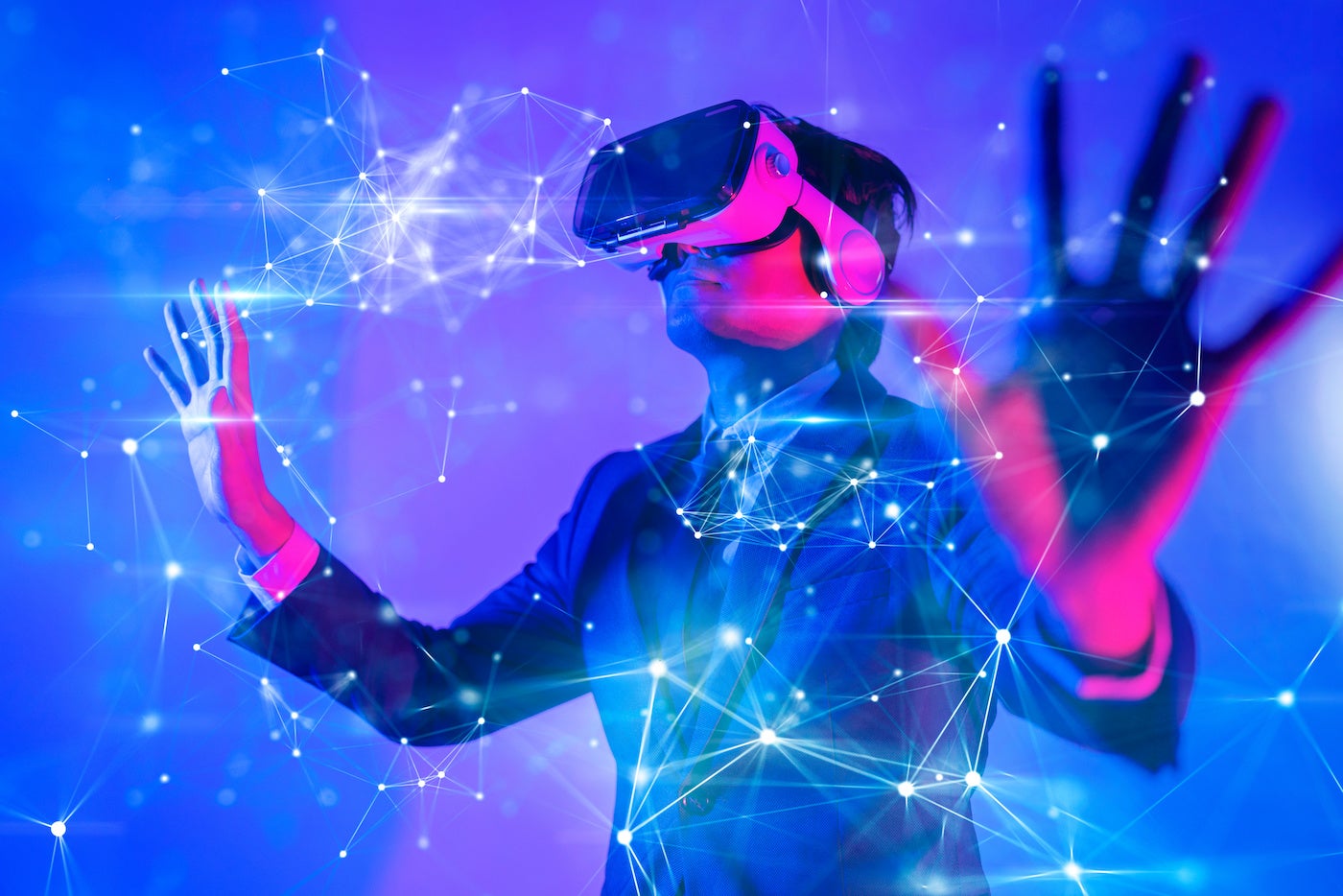Exploring the Metaverse

What is the Metaverse?
The Metaverse is an expansive, shared virtual universe where people can interact, work, play, and socialize through avatars. It's the convergence of virtual reality (VR), augmented reality (AR), and the internet, creating immersive digital experiences like never before.
Powered by advancements in 3D graphics, spatial computing, and blockchain technology, the Metaverse promises to reshape the digital economy and human interaction.
Use Cases of the Metaverse
Virtual real estate, online concerts, education, gaming, and even corporate offices are rapidly moving into metaverse platforms. Companies like Meta (Facebook), Microsoft, and Epic Games are investing billions into building these interconnected virtual worlds.
Metaverses also enable users to create, own, and trade virtual goods using NFTs (Non-Fungible Tokens), unlocking new opportunities for creators and businesses alike.
Challenges and Ethical Considerations
While the Metaverse opens up exciting frontiers, it also raises concerns about privacy, security, identity theft, and digital addiction. The future will need responsible governance, better cybersecurity frameworks, and ethical design to ensure safe and inclusive virtual spaces.
Peeking into the Future
As technologies mature and become more affordable, the Metaverse could become as ubiquitous as smartphones today. Whether it’s hanging out with friends across continents or attending global conferences from your living room, the Metaverse is poised to redefine connection in the 21st century.